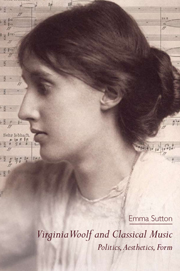1 - On Not Writing Opera
Published online by Cambridge University Press: 05 April 2014
Summary
I went to Tristan the other night; but the love making bored me. When I was your age I thought it the most beautiful thing in the world – or was it only in deference to Saxon?
(L, III: 56)In his dazzling and provocative Romantic Opera and Literary Form (1977), Peter Conrad proposed:
music and drama are dubious, even antagonistic, partners […] opera's actual literary analogue is the novel. Drama is limited to the exterior life of action, and romanticism increasingly deprecates both the tedious willfulness of action and the limits of the form which transcribes it. The novel, in contrast, can explore the interior life of motive and desire and is naturally musical because mental. It traces the motions of thought, of which music is an image. Opera is more musical novel than musical drama.
Conrad's argument springs from his analysis of Wagner's portmanteau term ‘music-drama’, and from his contention that this term succeeded as a slogan precisely because it elided consideration of ‘the exact nature of [music and drama's] alliance’: ‘[t]he equivalence between music and words which Wagner's theory of opera as drama assumes is a false compact. Actually the two are more like enemies. Music liquifies words, subduing them into notes; song infects language with an inspired unreason.’
- Type
- Chapter
- Information
- Virginia Woolf and Classical MusicPolitics, Aesthetics, Form, pp. 25 - 47Publisher: Edinburgh University PressPrint publication year: 2013

